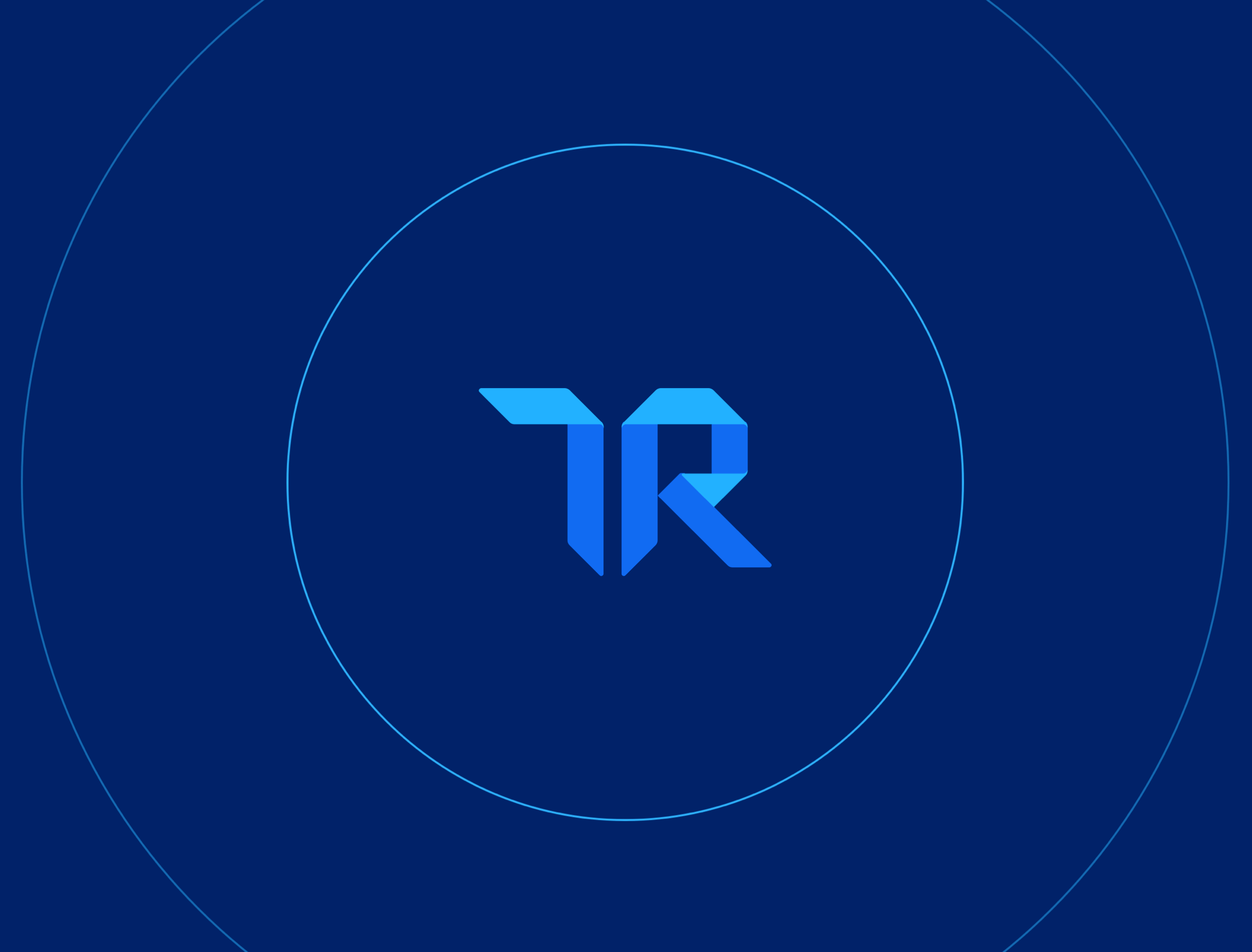Best Free eDiscovery Software 2022
eDiscovery software revolutionizes the functionality of law firms. In eDiscovery platforms evidence becomes electronically stored information, referred to as ESI. Today common evidence can be texts or social media posts.
This makes discovery software incredibly important because you will need to store and process ESI. eDiscovery tools are also brimming with features like metadata extraction and real-time data processing to streamline any paralegal’s workload. These tools allow for a level of efficiency and thoroughness that is both essential and impossible without them.
Utilizing software like this is a life saver, but it can kill small budgets. Does free eDiscovery software really exist? The answer is not really.
There are some affordable choices and some alternatives you can use while searching for eDiscovery software. You can jump to the section for more information, but if you are new to the concept of eDiscovery we offer a brief explanation.
What is eDiscovery?
eDiscovery means electronic discovery. eDiscovery software is a type of document review software. Discovery in the legal process is the evidence that is processed and shared by legal professionals. This evidence will also be shared with legal teams and the opposing side.
eDiscovery is meant to make your workflow easier. The nature of eDiscovery software is to be designed to help with legal needs, research, and custom organization. The eDiscovery process often has features designed for handling legal or investigative needs. This can include but is not limited to legal holds, early case assessment (ECA), indexing and archiving, and ocular character recognition (OCR) for finding metadata in pictures.
The software caters to legal companies, government agencies, and corporations. Government commercial enterprises often have legal teams that conduct internal investigations, and will also find themselves needing an eDiscovery solution.
eDiscovery software is known to come with artificial intelligence (AI) and machine learning for automation and enhanced search and tagging functions. Self-service and customization options will also be common along with mobile apps for iOS and android devices. This leaves plenty of control in a user’s hand. They could be customizing witness folders in an airport, cafe, or at home.
eDiscovery platforms tend to be cloud-based or ‘in-house’, while on-premise solutions are less common. This makes it easier for file sharing, backup, and remote access. If you would like more information about eDiscovery software is and what they can offer you see this article eDiscovery software.
Does Free eDiscovery Software Exist?
The unfortunate, simple answer is no, there really aren’t any legitimate free options for eDiscovery software. We’re defining free as any software with a plan that does not run out (like a free trial) and is a clear option for small teams.
The reason you will see articles with the title “free eDiscovery software” is because the list is padded. It’s actually filled with a plethora of software that offers free trials, not free plans. The software on those lists also won’t offer upfront pricing. If the software does not offer upfront costs and requires you to book a demo or check it out with a free trial, it’s not free.
There is an open-source eDiscovery option called FreeEed. It comes with OCR, indexing, and metadata extraction. Open-source software is free but it doesn’t come with customer service and requires you to handle all the maintenance and installation. Open-source software often comes with supportive and helpful communities.
The problem with FreeEed is it’s not well known. The software was released under the Apache 2.0 license, so you can trust it. You’re just on your own in terms of reviews and community, but you can email the developer directly. If you want to try this option out it’s Linux, Mac, and Windows compatible. You can download it on GitHub.
The vast majority of eDiscovery software does not offer pricing. They will tell you what they base their prices on. This tends to be per matter/case/project, per user, by storage volume, or a flat rate subscription. Many will offer a full set of features and user licenses included in their price, like DISCO eDiscovery, Everlaw, and Nextpoint. Some will have very complicated pricing models that really require you to read fine details like Relativity.
Logikcull will be your best option if you need an eDiscovery solution right now. Logikcull offers a free plan with all premium features like culling, redacting, and integration with office apps like Slack. The catch is you have up to 10GB of storage. Once you hit that limit you will need to upgrade to their Pay-as-you-go pricing plan for $395 per matter per month. They also have a subscription plan that you need to contact sales for pricing.
An affordable option might be Lexbe. Lexbe still requires you to contact them for a quote, but plans are noted to start at $5 per GB of storage. They have month-to-month and subscription plans that are priced based on storage.
We go over other popular eDiscovery providers in more detail in our article on eDiscovery pricing. Spoiler alert, most of them aside from Logikcull, require a consultation before any pricing estimate.
If you aren’t ready to commit to an eDiscovery software plan, we have some recommendations for where to store and work on your ESI while you shop. These options will not have any legal features, or anywhere near the same functionality as most eDiscovery providers.
More Resources: Alternatives for Free eDiscovery Software
These resources won’t be a perfect replacement, but they will have some applicable features. There is document management software which is a good portion of the eDiscovery process already.
Document management clouds like Google Drive and Microsoft Online have free tools for real-time collaboration and multiple formats for document sharing. They will also have a plethora of office applications you can use for case management and custom organization. Data collection will be less of a pain to keep track of with these tools. For a full list of document management software and their reviews go here.
Another temporary solution for you is object storage platforms. The great part of object-based storage platforms like Oracle and Google Cloud Storage is they have metadata search capabilities. You can also set regulatory permissions, like admin, viewer or creator with Google Cloud Storage. We have a great list of Object Storage providers with diverse price plans here.
These options can help you while you find the best eDiscovery choice for you. If you want to see a full list of eDiscovery software we have a detailed one here. There you will find helpful reviews from previous and current users.
If any of you have used some of the software in the article, please consider leaving a review to help other buyers make informed decisions.
Was this helpful?

Looking for your next eDiscovery software? Start by reading 100% authentic reviews from users just like you.
